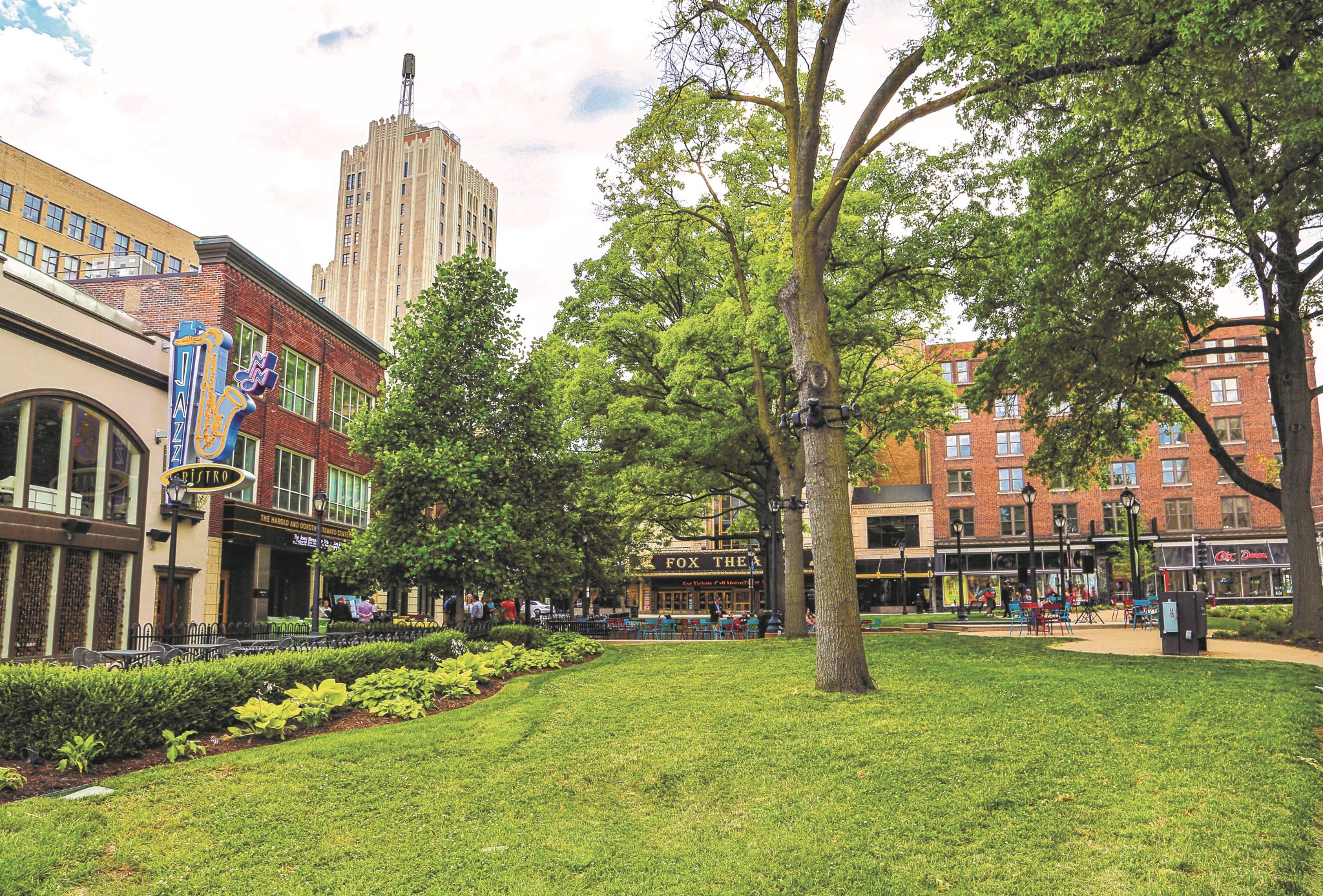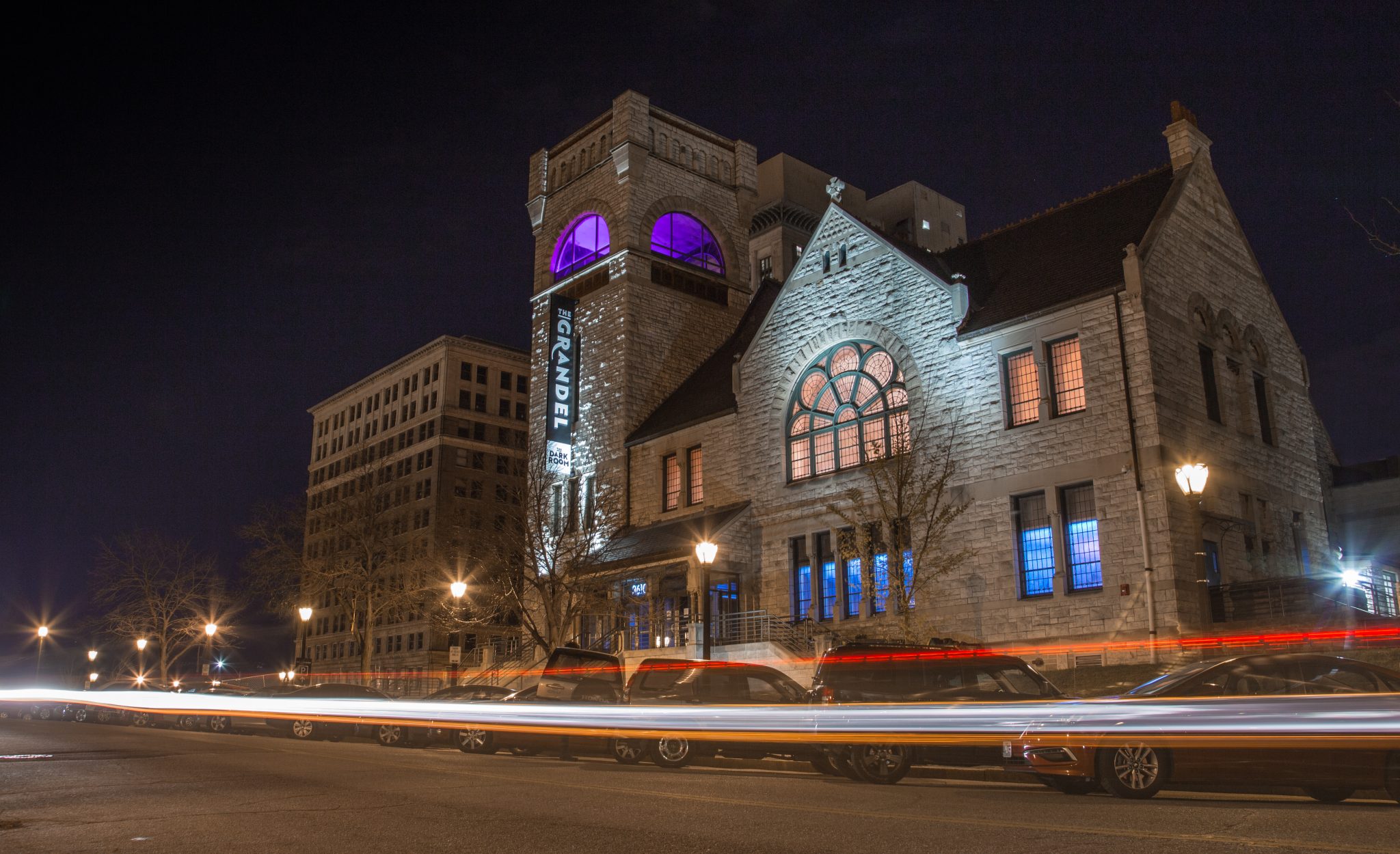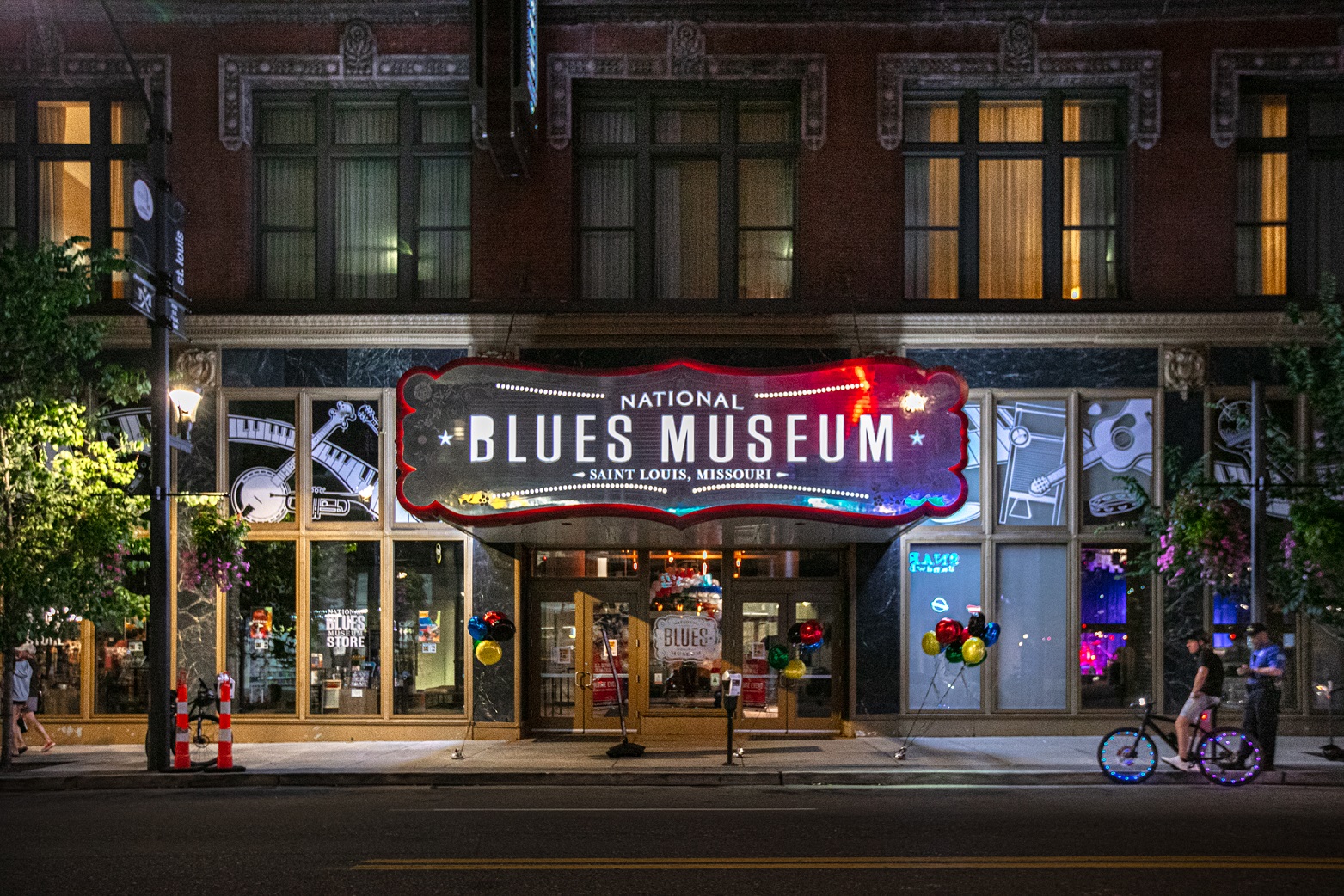
More and more entertainment venues and gathering spots throughout St. Louis are requiring proof of vaccination or a negative COVID test to be allowed inside.
In a joint announcement on Sept. 1, leaders at 16 St. Louis-area performing arts organizations and venues say anyone attending their indoor performances or events – including patrons, artists, staff and volunteers – must present proof of a full COVID-19 vaccination or results of a recent negative COVID-19 test.
Safety was the No. 1 reason cited by organizations such as the St. Louis Symphony Orchestra, Dance St. Louis and The Black Rep in making the decision. They join an earlier appeal made by several commercial concert venues such as The Pageant, Hollywood Casino Ampitheatre, The Factory and others in implementing the vaccination requirement.
Metro Theater Company, which produces professional live theater for children, is among those in full support of the vaccination requirement. Metro’s in-person performances for the upcoming season will be presented at The Grandel Theatre in Grand Center.
“The health and well-being of our community will always be our most important concern,” said Joe Gfaller, Metro Theater Company’s managing director. “Families cannot come together to enjoy the wonder, escape and magic of theatre if they are worried that by being present in a theater, they are taking a significant health risk. We know that a portion of our audience includes vulnerable young people who, because of their age, are not yet able to be vaccinated. It was critical to us that we create an environment in which those young people can be safe.”

Gfaller credits St. Louis Symphony Orchestra president and CEO Marie-Hélène Bernard for spearheading the vaccination effort, one that was already top of mind for organizations like Metro that are gearing up for their fall and winter productions.
“When Marie-Hélène reached out to arts leaders to see if we would all be interested in coming together with this announcement, it was clear that many organizations had been working through vaccination policies already,” Gfaller said. “There was definitely enthusiasm for having a unified voice, as it helps assure our community that the arts sector is invested in everyone’s health and well-being. Joining the 16 organizations making yesterday’s announcement was a very easy decision to make.”
The past 1 ½ years has been tough for the St. Louis theatre community and other nonprofit arts organizations, with groups cancelling or postponing their entire season of performances, exhibitions and special events, and forcing many local artists and behind-the-scenes professionals to be out of work.
Following months of reflection and reassessment, the consensus among local arts leaders was clear: Vaccinations are key to bringing indoor performances back.
“After a lengthy internal discussion, we agreed that a vaccine mandate was the most significant step we could take to protect everyone’s health while still fulfilling our mission,” said Peter Palermo, executive director of The Sheldon, where live performances and special events are held throughout the year.
The Sheldon is requiring its patrons to provide proof of full vaccination or results of a negative COVID test taken within 48 hours of the performance.
“Our organization’s vision is described as ‘arts without borders.’ We were concerned that this mandate was erecting an obstacle that would keep people away from enjoying everything that the arts can provide. In the end, we determined that taking this public step – and coming out strongly in favor of vaccination – might move the needle and motivate more people toward getting their shot. Vaccination is how the performing arts gets back to work,” Palermo said.

Gfaller agrees, citing an ongoing study on arts participation during the pandemic by national research firm WolfBrown.
“As of early August, their research showed that 75 to 80% of arts attendees would be more likely to attend live performances if they knew the producers were enforcing a vaccination requirement for their audiences,” he noted. “So, in making this decision, I’d like to believe that our organizations collectively are not only doing what will keep our audiences safe and healthy, we’re also doing what our audiences expect of us as trusted community resources.”
From suburban venues like the Loretto-Hilton Center, where the Repertory Theatre of St. Louis and Opera Theatre of Saint Louis perform, to the heart of the arts community in Grand Center to downtown hotspots like the National Blues Museum, there is a call for a united effort for the sake of the community.

“Vaccination or proof of a negative COVID-19 test is the best way to keep ourselves and the community healthy,” said Alyssa Hegwood, marketing and community engagement manager at the National Blues Museum, which also serves as a venue for a slate of live music events year-round. “The performing arts in all its forms is more important than ever, given the human, economic and social distress exacerbated by the pandemic, especially on BiPOC. The St. Louis performing arts community has come together and is joining cities across the U.S. in restarting performing arts safely.”
The organizations announcing the vaccination requirement include: St. Louis Symphony Orchestra, Bach Society of Saint Louis, The Black Rep, Dance St. Louis, Grand Center Inc., Jazz St. Louis, Kranzberg Arts Foundation, Metro Theater Company, Modern American Dance Company (MADCO), National Blues Museum, Opera Theatre of Saint Louis, Repertory Theatre of St. Louis, The Sheldon Concert Hall and Art Galleries, St. Louis Shakespeare Festival, St. Louis Speakers Series and STAGES St. Louis.
Beginning this month, guests will be required to bring a photo ID and either a physical COVID-19 vaccination card or a photograph of the vaccination card. Unvaccinated patrons must show proof of a recent negative COVID-19 test (taken within 48 to 72 hours prior to attendance). In addition, mask-wearing, social distancing and other safety guidelines will be observed inside the venues. Consult each organization’s website for specific guidelines, as policies at each venue may differ slightly.





